Fifty year agon, in October 1956, the mighty Soviet union invaded Hungary to crush a massive anti-Soviet rebellion that rocked Budapest. Twelve years later, Moscow repeated the same coercive and surgical measure in another country in Eastern Europe, Czecholovakia, a member of Warsaw treaty organization living in the Soviet sphere of influence. This book is a full-scale assessment, based on original documents and secondary source materials, of the US response to the two invasions to determine the efficacy of its policy of liberation of Eastern Europe. A great power, despite its pronounced policy of waging a psychological warfare against its powerful adversary, proved to be too weak to respond to the need of the hour to stall the Soviet invasions and to translate its policy of liberation into a reality when the opportune moment had appeared. It seeks to establish that tall but vague and false election promises during the 1952 Presidential election acted as an inducement to unarmed populace of Hungary to revolt against a mighty power that crushed the rebellion while the United States remained a silent sector from a safe distance. It also analyzes America’s response to the Soviet Invasion of Czechoslovakia in 1968 when both the superpowers had, by implications, accepted their spheres of influences as a fait accompli.
US Response to Soviet Invasions: Hungry and Czechoslovakia
In stock
Free & Quick Delivery Worldwide
reviews
Bibliographic information
Title
US Response to Soviet Invasions: Hungry and Czechoslovakia
Author
Edition
1st ed.
Publisher
Akansha Publishing House, 2007
ISBN
8183700950
Length
xii+236p., Bibliography; Index; 23cm.
Subjects

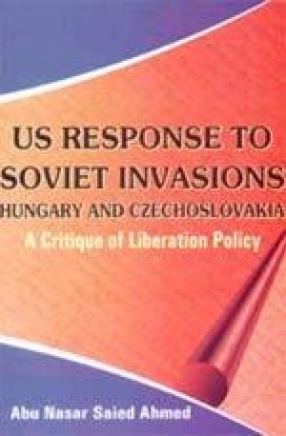

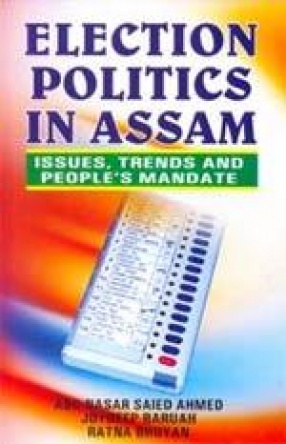

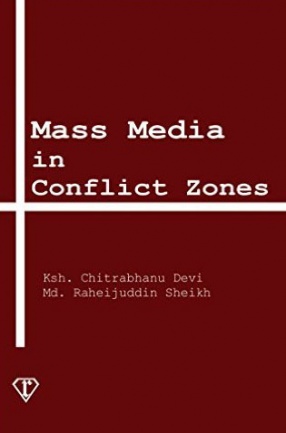
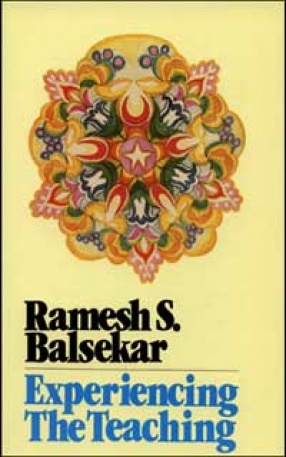
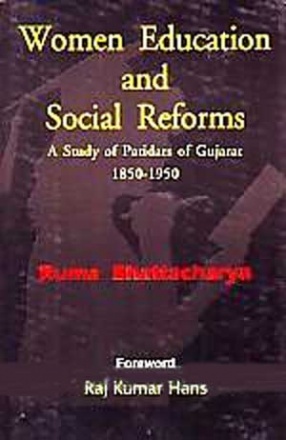
There are no reviews yet.